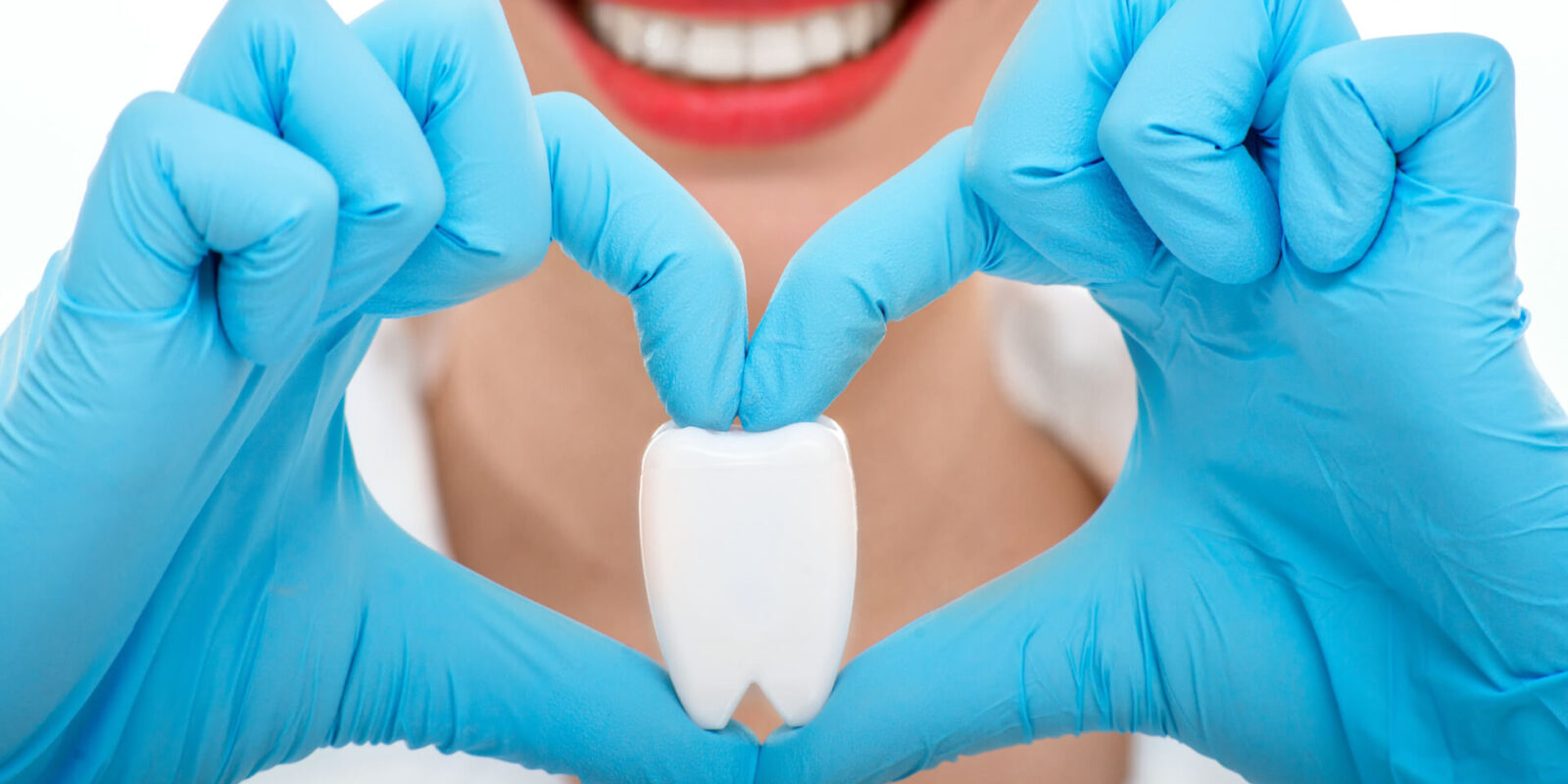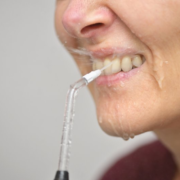Taking care of our oral health is of utmost importance, and a big part of that is ensuring that our teeth and gums are free from plaque buildup. While brushing and flossing are crucial, many people turn to anti-plaque dental rinses as an additional measure to keep their mouths healthy. But what exactly is an anti-plaque dental rinse, and does it work? Some people swear by it, while others are skeptical. In this article, we’ll take a closer look at the truth behind anti-plaque dental rinses, how they work, and whether they are worth incorporating into your oral hygiene routine. So, buckle up and get ready to learn the truth about anti-plaque dental rinse and whether it’s the right choice for you.
What is an Anti-Plaque Dental Rinse?
An anti-plaque dental rinse is a type of mouthwash that is specifically designed to help prevent the buildup of plaque on teeth and gums. Plaque is a sticky film of bacteria that forms on teeth and can lead to tooth decay and gum disease if left unchecked. Anti-plaque dental rinses work by killing the bacteria that cause plaque and helping to prevent its buildup.
Most anti-plaque dental rinses contain one or more active ingredients, such as chlorhexidine, cetylpyridinium chloride, or essential oils like thymol and eucalyptol. These ingredients work to kill the bacteria that cause plaque and reduce inflammation in the gums.
How Does Anti-Plaque Dental Rinse Work?
Anti-plaque dental rinse works by killing the bacteria that cause plaque buildup on teeth and gums. Plaque is a sticky film of bacteria that forms on the surface of teeth and gums. Over time, if plaque is not removed through regular brushing and flossing, it can harden into tartar, which can lead to gum disease and tooth decay.
Anti-plaque dental rinses contain active ingredients such as cetylpyridinium chloride (CPC), chlorhexidine, or essential oils such as thymol, menthol, and eucalyptol. These ingredients work in different ways to help prevent plaque buildup:
CPC: It works by disrupting the cell walls of the bacteria, which kills them and prevents them from forming plaque.
Chlorhexidine: It is a broad-spectrum antimicrobial agent that kills bacteria by disrupting their cell membranes. It is particularly effective against the bacteria that cause gum disease.
Essential oils: These oils have antimicrobial properties that help kill the bacteria that cause plaque. They also have a refreshing effect on the mouth and help to freshen breath.
When you use an anti-plaque dental rinse, you swish it around in your mouth for a specified amount of time, typically 30 seconds to 1 minute. This allows the active ingredients to reach all areas of your mouth and kill the bacteria that cause plaque. After spitting out the rinse, you should avoid eating or drinking for at least 30 minutes to allow the active ingredients to continue working.
Benefits of Using Anti-Plaque Dental Rinse
Reducing plaque buildup: Anti-plaque dental rinses are designed to kill the bacteria that cause plaque buildup on teeth and gums. By using a rinse regularly, you can help reduce the amount of plaque on your teeth and prevent tartar buildup.
Preventing gum disease: Gum disease is caused by the buildup of bacteria in the mouth, which can lead to inflammation and infection of the gums. By using an anti-plaque dental rinse, you can help prevent gum disease by reducing the amount of bacteria in your mouth.
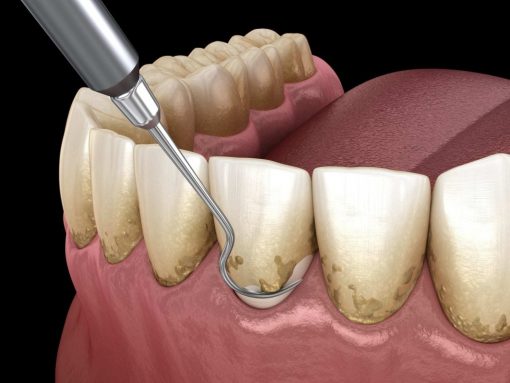
Freshening breath: Anti-plaque dental rinses typically contain ingredients that help freshen breath, such as essential oils like thymol, menthol, and eucalyptol. This can be particularly helpful for individuals who suffer from chronic bad breath.
Promoting overall oral health: By reducing plaque buildup and preventing gum disease, anti-plaque dental rinses can help promote overall oral health. This can lead to healthier teeth and gums, as well as a reduced risk of other oral health issues like cavities and tooth decay.
Do Anti-Plaque Dental Rinses Work?
The efficacy of anti-plaque dental rinses has been the subject of much debate. While some studies have shown that these rinses can be effective at reducing plaque buildup and preventing gum disease, others have suggested that they may not be any more effective than regular mouthwash.
One reason for this discrepancy is that many anti-plaque dental rinses require regular use over weeks or months to see results. In some cases, people may simply be using the rinse incorrectly or not using it regularly enough to see any benefits.
Additionally, the effectiveness of anti-plaque dental rinses can vary depending on the individual. Some people may be more prone to plaque buildup or have more severe gum disease than others, which can affect how well the rinse works for them.
Studies and Research on Anti-Plaque Dental Rinse
✦ A study published in the Journal of Clinical Periodontology found that a rinse containing 0.075% CPC was effective at reducing plaque and improving gum health when used twice daily for six months.
Another study published in the Journal of Periodontology found that a rinse containing 0.12% chlorhexidine was effective at reducing plaque and preventing gum disease when used daily for six months.
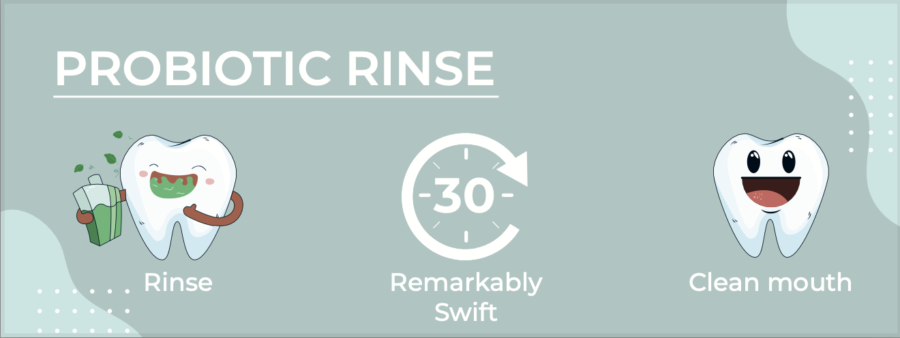
✦ A systematic review and meta-analysis published in the Journal of Dental Research evaluated the effectiveness of essential oil-based rinses in reducing plaque and gingivitis. The review found that these rinses were effective at reducing both plaque and gingivitis compared to a placebo.
A study published in the Journal of Clinical Dentistry evaluated the effectiveness of an anti-plaque rinse containing essential oils in reducing plaque and gingivitis. The study found that the rinse was effective at reducing both plaque and gingivitis when used twice daily for four weeks.
Choosing an Anti-Plaque Dental Rinse
Alcohol content: Some anti-plaque dental rinses contain alcohol, which can be drying and irritating to some individuals. If you have sensitive gums or a history of dry mouth, look for alcohol-free rinses.
Brand reputation: Choose a well-established brand with a good reputation for producing effective oral hygiene products.
Recommendations from dental professionals: Your dentist or dental hygienist may have recommendations for anti-plaque dental rinses that are best suited to your individual needs.
It’s important to remember that an anti-plaque dental rinse should be used as part of a comprehensive oral hygiene routine that includes regular brushing and flossing. Consult with your dentist or dental hygienist to determine which anti-plaque dental rinse may be best for you.
How to Use Anti-Plaque Dental Rinse Correctly
Brush and floss your teeth: It’s important to brush and floss your teeth before using an anti-plaque dental rinse to ensure that any loose debris is removed from your mouth.
Measure out the rinse: Pour the recommended amount of rinse into the cap or a small cup. This is usually around 20-30 ml, but check the label to be sure.
Rinse vigorously: Take the rinse into your mouth and swish it around vigorously for 30-60 seconds. Make sure to swish it around all areas of your mouth, including between your teeth and along your gumline.
Spit out the rinse: After swishing the rinse around your mouth, spit it out into the sink. Do not swallow the rinse.
Do not eat or drink for 30 minutes: After using an anti-plaque dental rinse, do not eat or drink anything for at least 30 minutes to allow the active ingredients to continue working in your mouth.
Use as directed: Follow the label instructions for how often to use the rinse. Most anti-plaque dental rinses are recommended for daily use, usually twice a day.
Alternatives to Anti-Plaque Dental Rinse
While anti-plaque dental rinse can be effective in reducing plaque buildup and promoting oral health, there are other alternatives that can be used as part of a comprehensive oral hygiene routine. Here are some alternatives to consider:
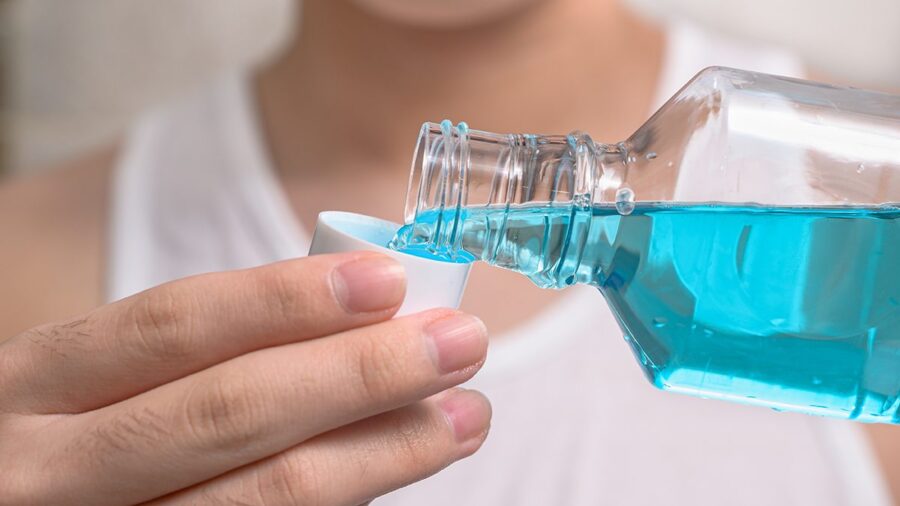
Mouthwash: A mouthwash that contains fluoride can help strengthen tooth enamel and prevent tooth decay. Look for a mouthwash that is specifically formulated to promote oral health.
Chewing gum: Chewing sugar-free gum can help stimulate saliva production, which can help neutralize acids in the mouth and prevent tooth decay.
Water flosser: A water flosser can be a useful tool for removing food particles and debris from between teeth and along the gumline. It uses a stream of water to gently clean the mouth.
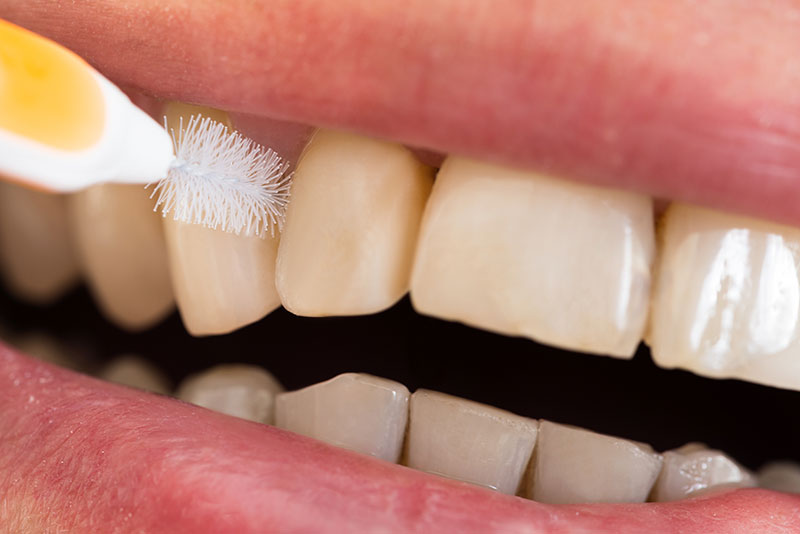
Oil pulling: Oil pulling involves swishing a tablespoon of oil (such as coconut oil) around the mouth for several minutes before spitting it out. While the research on oil pulling is limited, some studies suggest that it may help reduce bacteria in the mouth and promote oral health.
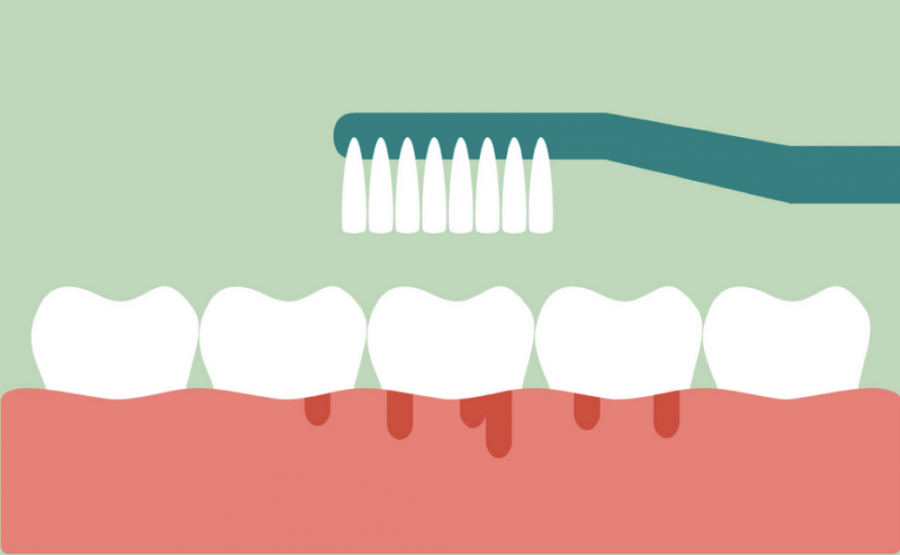
Interdental brushes: Interdental brushes can be used to clean between teeth and remove plaque and debris that a toothbrush may miss. They are particularly useful for people with braces or other dental appliances.
Conclusion
In conclusion, anti-plaque dental rinses can be an effective way to prevent the buildup of plaque on teeth and gums and reduce the risk of gum disease and tooth decay. While their effectiveness may vary depending on the individual and the specific rinse used, they can be a useful addition to your oral hygiene routine. When choosing an anti-plaque dental rinse, look for one that contains an active ingredient like chlorhexidine or essential oils like thymol and eucalyptol. It’s also important to choose a rinse that contains fluoride and to use it regularly, as directed on the label. Ultimately, the decision to use an anti-plaque dental rinse is a personal one. If you’re not a fan of using a rinse, there are other ways to maintain good oral health, such as brushing and flossing regularly, eating a healthy diet, and avoiding tobacco products and excessive alcohol consumption.

